3 ways to honor the legacy of a family member on Memorial Day

Memorial Day has come to be seen as the unofficial start to summer in the United States, ushering in warmer weather (if not the actual summer season). Its meaning is often lost amidst long weekends and cookouts, but let us not forget, it is a day on which those who died in active military service are honored.
Here are three ways to honor the legacy of someone who died in service, whether or not you have a family member who served and died for their country.
Intentionally remember your family member who died in service.
Set aside time to actively remember your loved one. This could mean looking through old photographs, reading letters they wrote, or sharing their story with your family. If they are buried in a military cemetery, consider visiting their grave to leave flowers or a flag. You might also take a moment of silence or raise a toast in their honor during a family gathering. Small acts of remembrance help keep their legacy alive.
Invite stories from other veterans in your family or community.
While it may be outside your comfort zone to interact with people you’ve never met, Memorial Day presents a unique opportunity to talk with living veterans in your community. Libraries and senior centers often have intergenerational conversation groups, or consider a senior who is loosely in your circle who you’d like to know more about (the grandparent of one of your kid’s friends, for example, or a shopkeeper who you know casually). Ask them to share memories of any of their fallen comrades, or simply listen to their own experiences. Record these conversations—whether in writing, audio, or video—to preserve their stories. If they are comfortable, consider submitting them to a veterans' history project or helping them create a family archive. These firsthand accounts add richness to history and ensure that the sacrifices made are never forgotten—and moreover, they shine a light on a single individual and create sacred space for them to share stories from their life..
Visit a local cemetery and photograph headstones for the Find-a-Grave website.
One way to contribute to the collective act of remembrance is by helping document gravesites for historical and genealogical records. The Find-a-Grave website allows users to upload photos and information about burial sites, ensuring that the names and legacies of fallen service members remain accessible to future generations. If you visit a cemetery on Memorial Day, take a few extra moments to snap photos of military headstones and upload them to the site. This simple act of digital preservation can be incredibly meaningful for families searching for information about their ancestors.
Honoring a family member who died in service doesn’t have to be limited to Memorial Day, but this holiday serves as an important reminder to pause and reflect. Whether through personal remembrance, community storytelling, or historical preservation, you can help honor a loved one’s legacy in a way that feels meaningful to you.
Four steps to help you turn spoken stories into engaging written narratives—so once the family history interview is done, you can create a lasting legacy.
Cataloguing your family heirlooms in a book is a great way to pass down their stories. Here are some tips for capturing incredible images of them, too.
The holiday’s meaning often gets lost amidst long weekends and cookouts, but we’ve got easy ways to remember loved ones who died in service.
There’s way more to family history than clicking on digital hints and scouring online genealogy sites. Here, three ideas for tracking family history clues IRL.
You’ve decided to do SOMETHING with all that family history stuff you’ve gathered—but somehow your project keeps growing. Here’s how to cross the finish line.
“I wish I knew why Mom moved to New York when she was just 16.” “I wish Papa told me how he makes his Sunday sauce.” Don’t wish for stories; ask for them.
Learn about our Write Your Life course, providing memory prompts, writing guidance and a dose of inspiration to anyone who wants to preserve their stories now.
A roundup of the most popular (and helpful!) posts from Modern Heirloom Books to help you prompt and preserve family stories this Thanksgiving season.
Five easy ways to get the best stories from your family member just by responding thoughtfully to their answers (hint: it starts with really listening!).
Whether you’re interviewing your parents about their childhood or gathering family history info from your grandparents, good follow-up questions are key.
While your memoir is telling your stories in your words, a family tree chart outlining your relationships has a real place in that book—here’s why.
Podcast host Melissa Ceria and personal historian Dawn Roode discuss the importance of family history preservation and finding solace in stories after loss.
Discovering a stack of handwritten letters can feel like winning the family history lottery—but is it always the right thing to read (or share) them?
From a conference hall filled with more than 150 family history vendors, I have hand-picked my favorites—here’s why you’ll love them, too.
Boxes of old letters, family photos, and mementos from a generation ago can feel like a burden if they’re passed down without context. What to do with them.
Wondering if 52 weeks of memory prompts will help YOU write about your life at last? Here, answers to the most commonly asked questions about Write Your Life.
Every week you’ll get themed prompts to stir your memories, tips to write your stories with ease, and more! A unique gift for your loved one (or yourself)!
Want to organize your family history archive? This cheap, convenient solution is a great way to record your stories until you’re ready to move them into a book.
No interest in family history? What if I told you there would be no research involved, no libraries, no family trees—just spoken stories? From mom, from dad?
Ready to edit your family history or life story book? Follow these three tips from a personal historian to ensure everything is clear for your descendants.
Whether your family heirloom collection consists of generations’ worth of antiques or a handful of sentimental items, catalog them for the next generation.
Family reunions are optimal occasions for gathering family history—and if you go in with a plan, you’ll be able to preserve stories AND have a great time!
Don’t let all those memory-keeping ideas swirling around your head overwhelm you. Instead, take some time to hone in on which stories to tell first—here's how.
There are a variety of reasons—including traumatic memories—when pausing a personal history interview is the best course of action. Give in to the silence if...
Your legacy is more than the assets you leave behind—much more. Here, three ways to leave a personal legacy that has a positive impact on your loved ones.
Beyond family photos: Consider adding vintage maps, family tree charts, and professionally shot images of special heirlooms to your family history book.
Our memories are anything but fixed—and when stories are passed down to a new generation, their malleability, their meaning, and their impact change, too.
Sitting both of your grandparents down together for a family storytelling session can be fun—but it’ll yield the best results if you follow these simple tips.
Steal these best practices from professional oral historians to make your next family history interview a success, plus how to set the stage for great stories.
Dawn Roode offers up four suggestions for further reading (and listening) for anyone who, like her, is missing a friend or family member during the holidays.
The holiday’s meaning often gets lost amidst long weekends and cookouts, but we’ve got easy ways to remember loved ones who died in service.
Discovering a stack of handwritten letters can feel like winning the family history lottery—but is it always the right thing to read (or share) them?
Go beyond a memorial slideshow and honor your lost loved one in a more permanent way. These three ideas for tribute memory books are easier than you think.
When Mother’s Day is hard due to feelings of loss, allowing ourselves to linger in our memories may help (and, yes, hurt). A tribute made in grief, and love.
How lucky I am to "meet" your loved ones through the tributes you and others share in their honor! The stories that memorialize them live on for generations.
I hope you'll take comfort in these personal stories of vulnerability and loss during the holidays. (Sharing memories about loved ones is always a good thing.)
Writing a tribute book is a meaningful way to create a lasting legacy for a lost loved one. These expert tips from a personal historian will help.
As I turn 50, I have one wish: For those who knew my mother to share with me stories of her life, and for those who didn't, to share a remembrance with loved ones.
While the Christmas season can be difficult for those of us missing a loved one, remembering them—out loud, with others who knew them—is a balm to the soul.
As the tenth anniversary of losing my mom approaches, I have been caught up in thoughts of the past—but where are those vivid memories that once flooded me?
Discover family history, life story writing, and photo management guides in our Toolkit, where you can download free resources to help you preserve your legacy.
When someone you care about loses a loved one, it can be difficult to know what to say or how to help. Compassionate advice, found in a rather unlikely place.
We may yearn for a lost loved one even more during the holidays, but know that shared memories are a balm to the soul, and that grief is another form of love.
When aging parents have lots of stuff, their children often do not want it when they die—but it’s the memories associated with the stuff that makes them heirlooms.
Allison Gilbert, Soledad O'Brien, and Henry Louis Gates, Jr., talk about the power of remembrance in the face of grief, & why family story sharing is healing.
Reflections from a funeral on remembrance & grief: sharing memories about lost loved ones to heal—and why we don't honor our families through story sharing now.
Maybe it's true that "nobody wants your parents' stuff," but before you donate their things, tell the stories of your family heirlooms, preserving your memories.
The first legacy book I designed was as personal as it gets: a book honoring my beloved mother. But after struggling to find a way to tell her whole story, I realized that simply was not possible. And I didn't want some long, boring biography, anyway. What resulted is a book that is precious to me, and I hope will one day be inspiring to my son...and the children I envision he will someday have himself. May you be inspired to tell the story of one of your loved, ones, too!






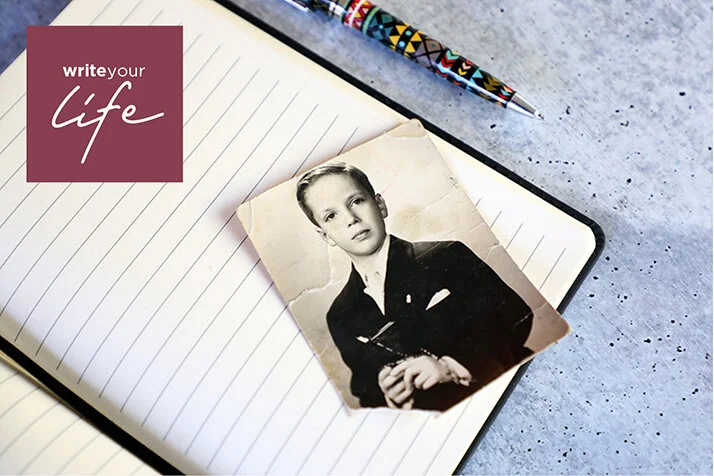






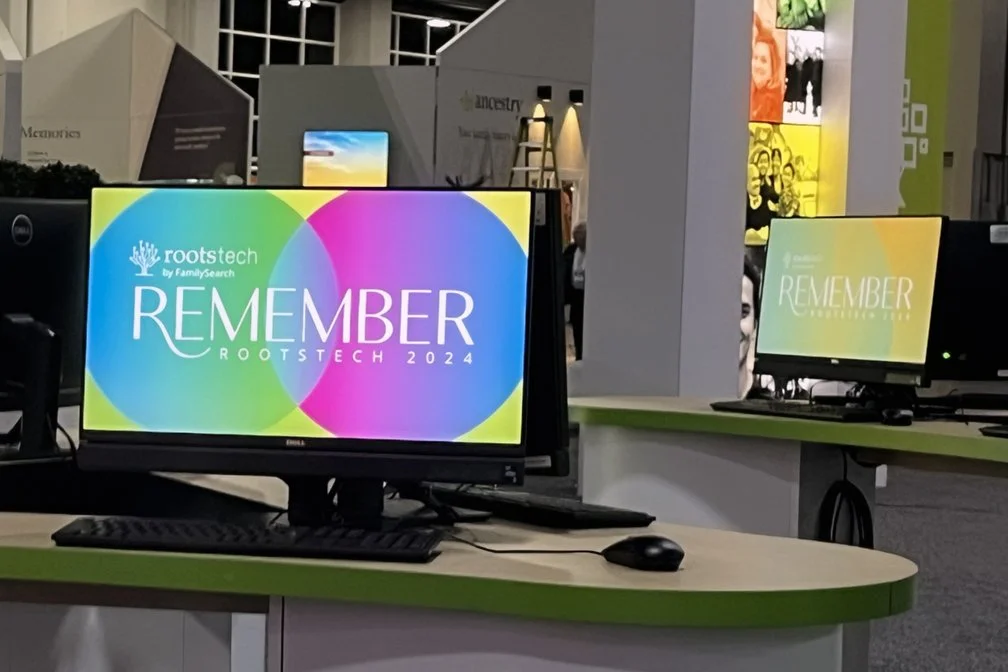




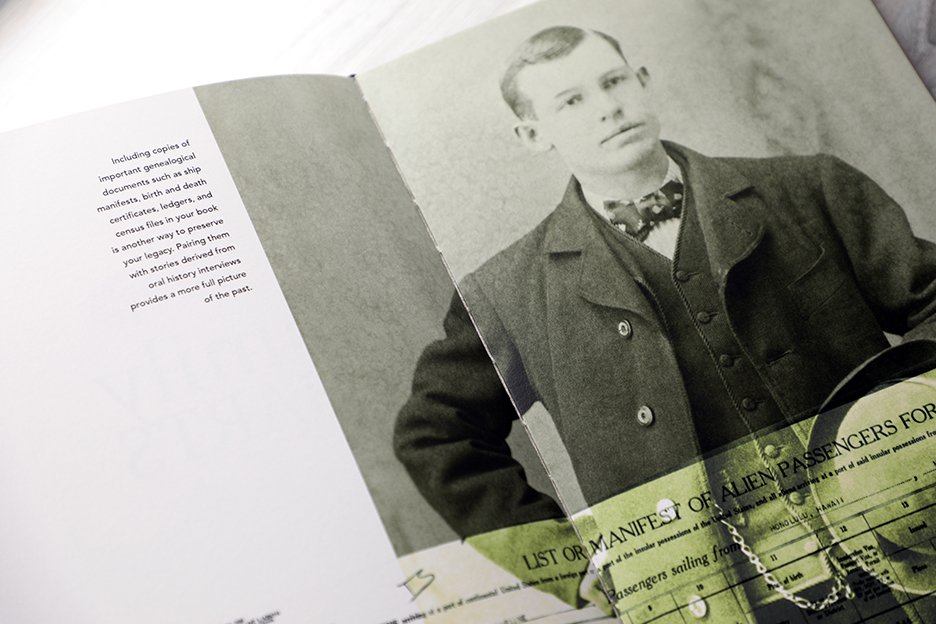





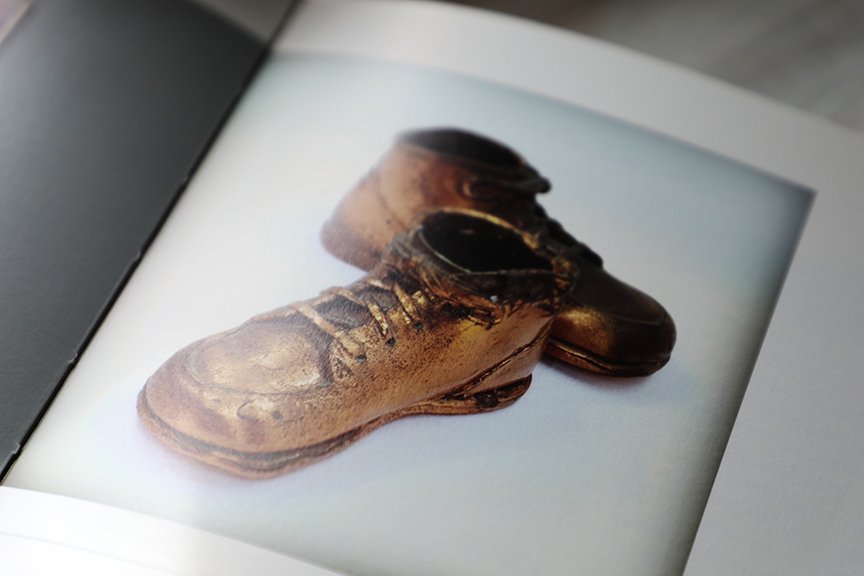
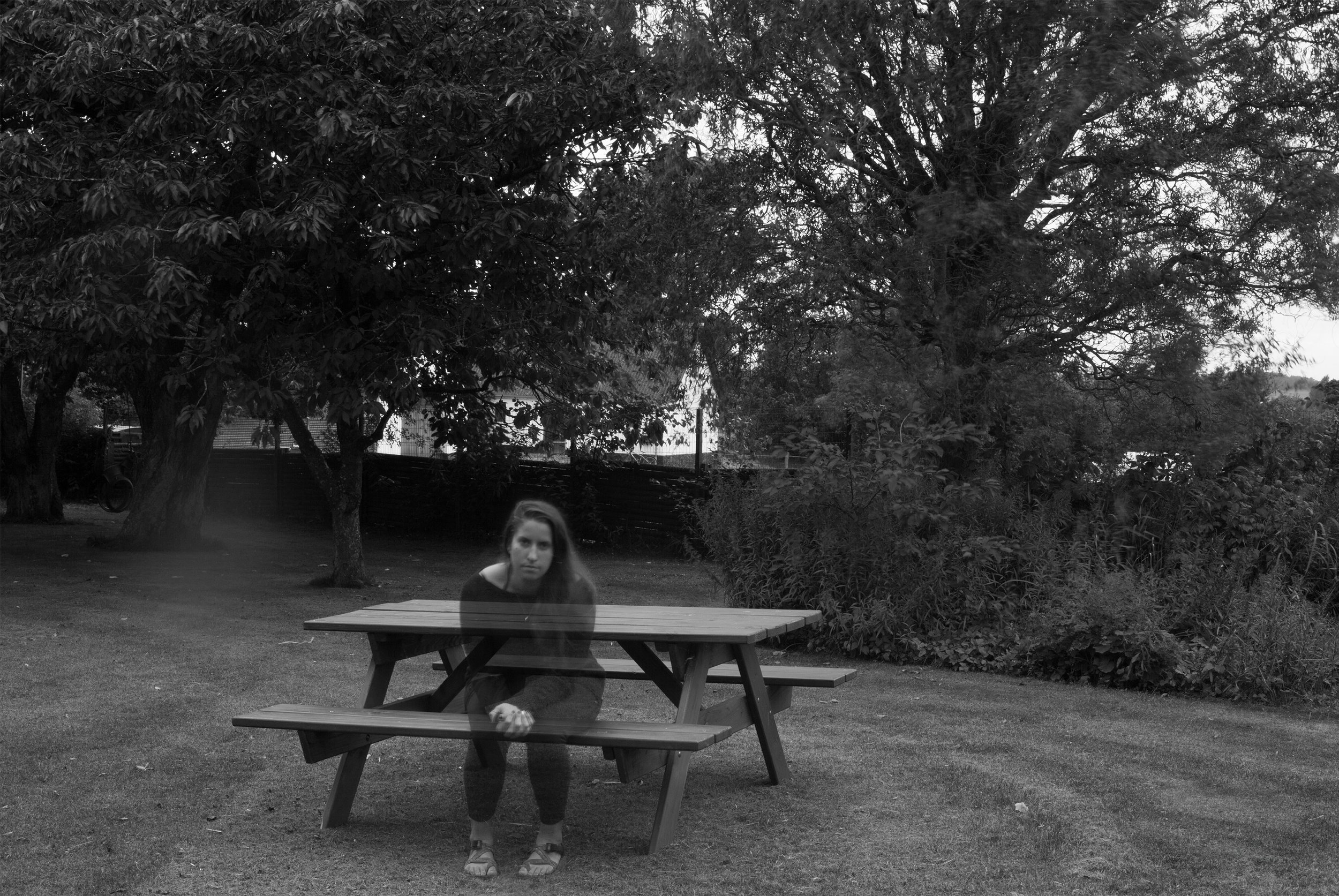

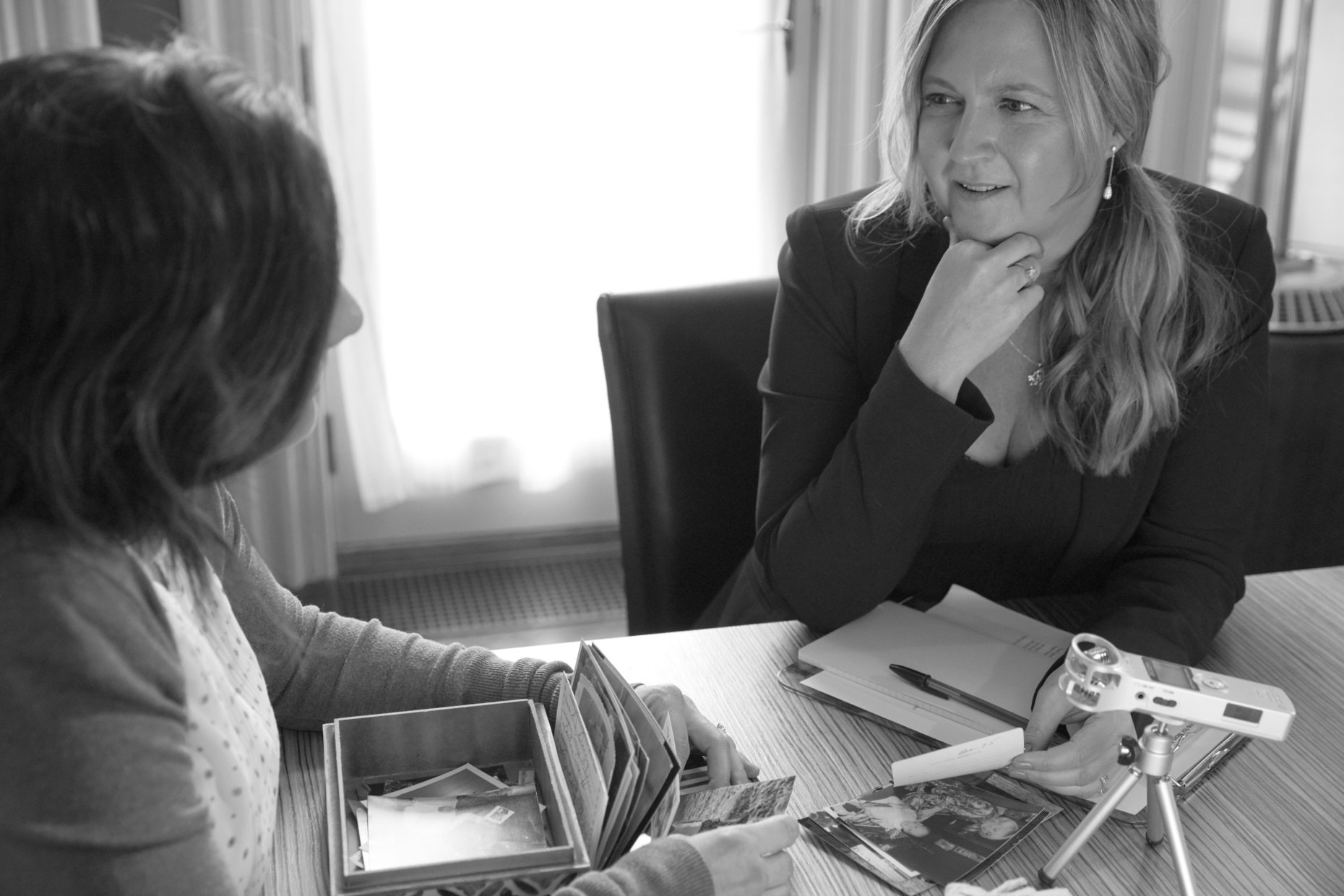

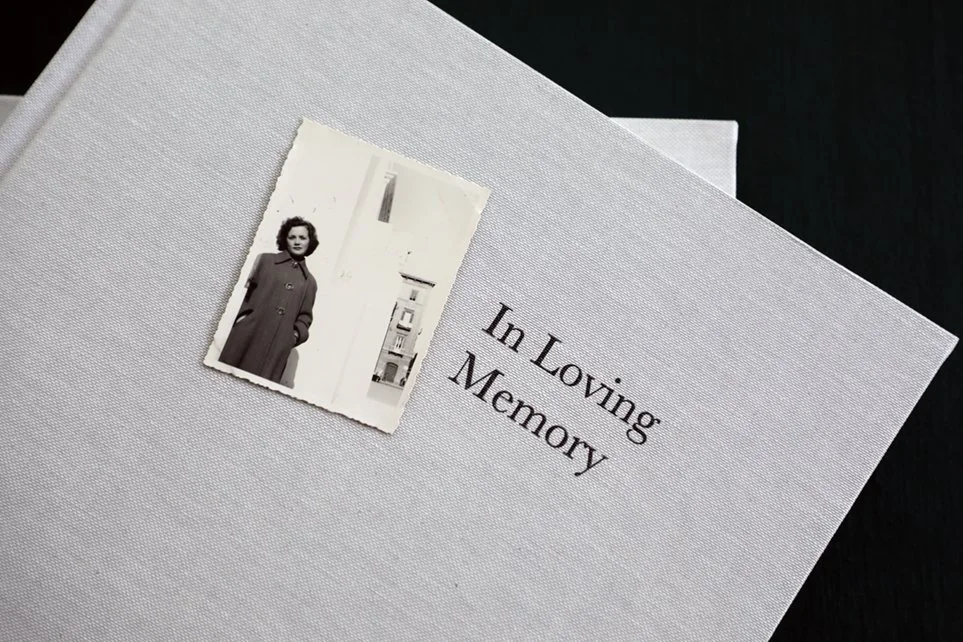










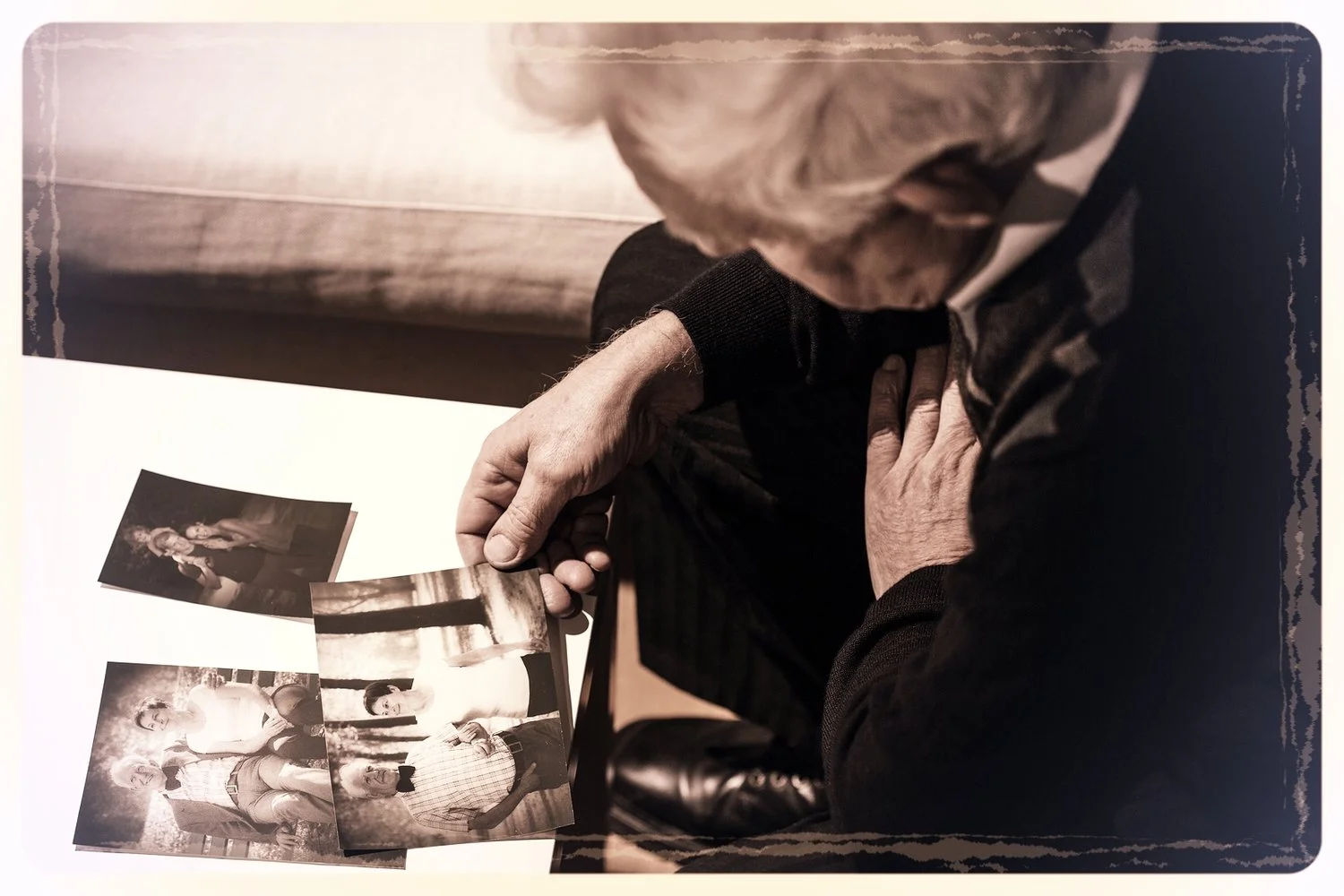



I hope these quotes from my commonplace book remind you why family history and stories of our ancestors matter—and why now is always the best time to delve in.